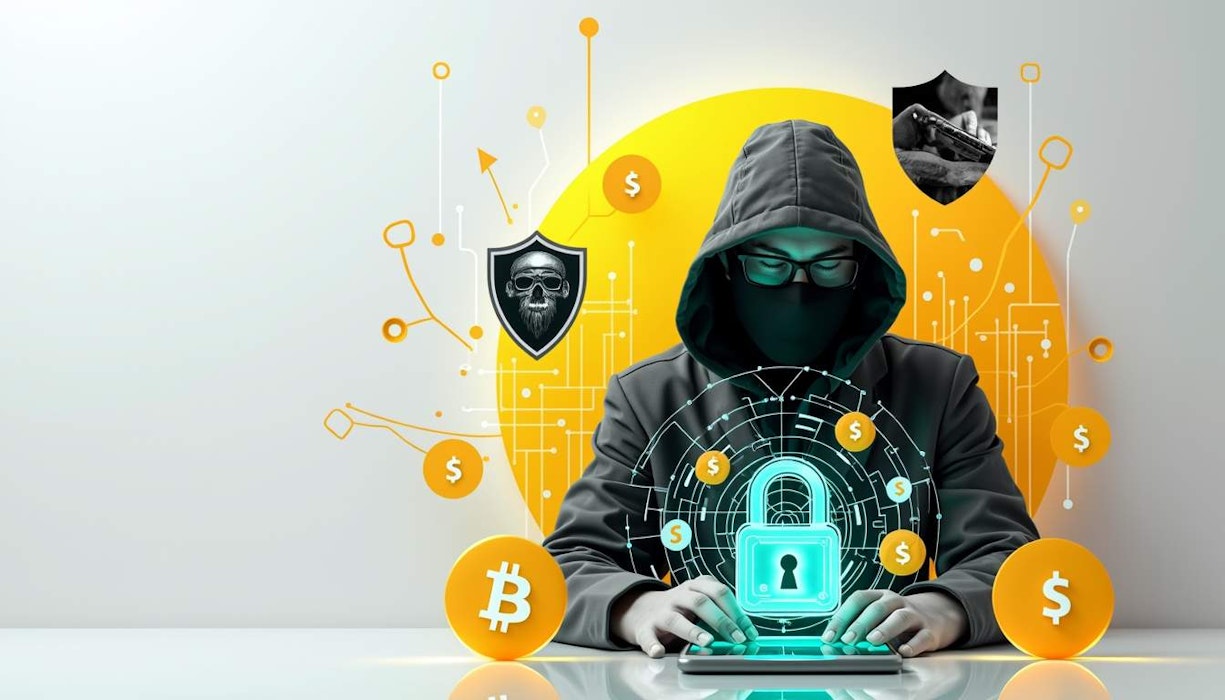What Tactics Do North Korean Hackers Use in Crypto Heists?
I've been reading up on the tactics used by North Korean hackers, and it's pretty alarming. They have some very sophisticated methods for infiltrating crypto online trading platforms and making off with huge sums of money. One of their main strategies is social engineering; they often pose as recruiters or IT workers to gain access to sensitive information.
For example, groups like Sapphire Sleet and Ruby Sleet use malware to steal not just cryptocurrency but also company secrets. In one case, they managed to steal $10 million in just six months by setting up fake meetings and posing as venture capitalists. It’s a mix of tech savvy and old-school con artistry.
How Are Crypto Platforms Enhancing Security Against Cyber Threats?
In response to these sophisticated threats, it seems like crypto online trading platforms are stepping up their game in terms of security measures. Some of the key strategies include two-factor authentication (2FA) for user accounts, which adds an extra layer of security.
Cold storage is another big one; by keeping the majority of users’ funds offline, they make it much harder for hackers to steal anything substantial. Advanced encryption techniques are also being used to protect sensitive data, along with multi-signature wallets that require multiple private keys for transactions. Regular security audits are crucial too; these help identify any potential vulnerabilities before they can be exploited.
What Role Do Remote Workers Play in Cybersecurity Risks?
Remote workers can actually pose significant cybersecurity risks, especially when you consider how state-sponsored hackers operate. North Korean hackers have been known to pose as remote employees to gain access to companies.
To combat this, companies can implement measures like biometric authentication and document verification to ensure that remote workers are who they say they are. Multi-Factor Authentication (MFA) adds another layer of security by requiring multiple forms of verification before granting access to sensitive information.
Secure remote working policies can also help mitigate risks; these should cover guidelines on data security and strong password practices. Using VPNs can encrypt internet traffic and protect against interception attacks, while mandating password managers ensures that employees use strong, unique passwords for all accounts.
How Do Geopolitical Cyber Threats Affect DeFi Platforms?
Decentralized finance (DeFi) platforms seem particularly vulnerable to geopolitical cyber threats because they lack centralized control. This makes it difficult to enforce security measures effectively.
High-profile protocol attacks like those on Wormhole and Ronin highlight the risks associated with fundamental protocol vulnerabilities—vulnerabilities that state-sponsored actors from countries like North Korea exploit to generate revenue and evade sanctions.
To mitigate these risks, DeFi platforms could enhance endpoint security and improve smart contract security through regular audits and formal verification methods. Implementing robust cyber risk management practices is essential as well; continuous monitoring of potential threats can make a big difference.
Collaborating with regulatory bodies to develop security standards could also be beneficial for DeFi platforms looking to protect themselves from sophisticated cyber threats.
What Is the Future of Crypto in Hyperinflationary Economies?
The rise of state-sponsored cybercrime has significant implications for the future of crypto stablecoins in hyperinflationary economies. Stablecoins offer a stable alternative to local currencies, making them attractive in such situations.
However, the involvement of state-sponsored cybercrime complicates their adoption; entities in hyperinflationary economies may use stablecoins to circumvent traditional financial systems and sanctions, leading to increased regulatory scrutiny.
Stronger regulatory measures will be needed to address these challenges—implementing stricter Anti-Money Laundering (AML) and Combating the Financing of Terrorism (CFT) regulations could be a start. Improved security practices within DeFi protocols and stablecoin issuers will also be crucial in ensuring that these tools can be effectively adopted in hyperinflationary economies.
Summary
The threat posed by state-sponsored cybercrime—particularly from North Korean hackers—is significant and multifaceted. By implementing robust security measures and verifying the authenticity of remote workers, crypto online trading platforms can better protect themselves against these sophisticated threats. The future of crypto in hyperinflationary economies will depend on overcoming these challenges and ensuring the integrity of digital currencies.
